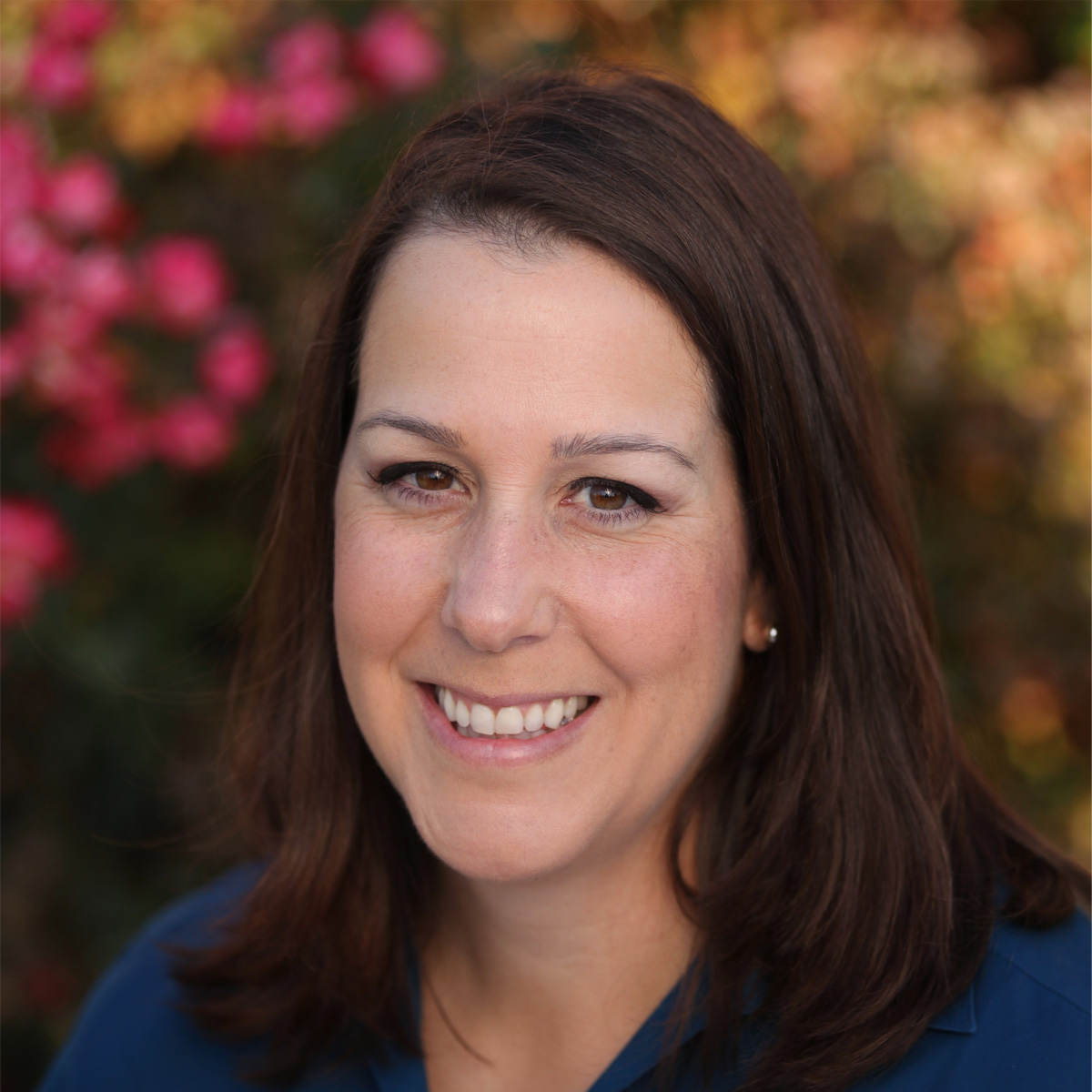Clients often want to leave some kind of legacy behind.
It could be setting up children and grandchildren for life, with no financial worries. Maybe endow a professor’s chair at their alma mater or build a wing on the local children’s hospital. Or they want to make sure everyone they care about is treated equally.
What clients do with their estates goes beyond the nuts and bolts of their financial plans. And that’s why it pays to have a plan in place.
Stories and Mementos
According to The Wall Street Journal, two-thirds of boomers said family mementos and heirlooms are what they want as an inheritance, and just 9 percent of boomers said they wanted to inherit money. https://tinyurl.com/n34bjrt
So money, in many cases, is the easy part. It’s how to divide the personal items where conflict arises. Who gets the water dipper grandma kept in her kitchen window? Who gets the rocking chair grandpa sat in while listening to baseball on the radio?
The last thing clients want is to have heirs fighting over the estate, but that’s increasingly common, reports The New York Times. Litigation is increasing because people are willing to sue more often. https://tinyurl.com/lhn3amx
The size of an estate doesn’t matter when it comes to family members fighting, says the Toronto Star. Instead, it’s the feelings, conflicts and resentments that bubble to the surface after a love one is gone. And in the cases of divorce or blended families, it can be even worse. https://tinyurl.com/kxyhfvx
But there are ways to head off the worse of the conflicts.
T-A-L-K
The No. 1 thing the Wall Street Journal advises when trying to head off disputes about an estate is talking. Encourage clients to find out who wants what keepsake, and if there are multiple family members who want the same item, work it out before they’re gone. If possible, clients should avoid leaving something such as a vacation home to multiple relatives because that’s a recipe for litigation when they’re gone.
We recommend to all of our clients that they create a memorandum regarding tangible personal property, spelling out how they want to distribute possessions. Of course, clients can also give items away before they die — but be wary of gift taxes.
Finally, sharing family values can be the most referenced piece of a client’s legacy. They can do this through an ethical will that isn’t legally binding, but it lets them share their life story and pass along values such as volunteering or being active in church. An ethical will can be handwritten and tucked into the official will for survivors to find — and treasure.
We hope this information was useful to you and helps your clients and their families. If you have a specific case or a question, don’t hesitate to call our office
